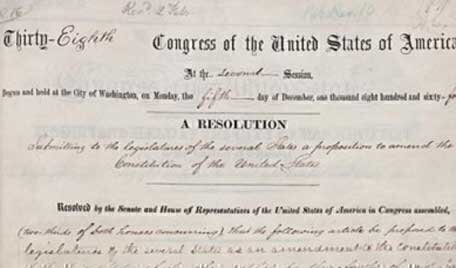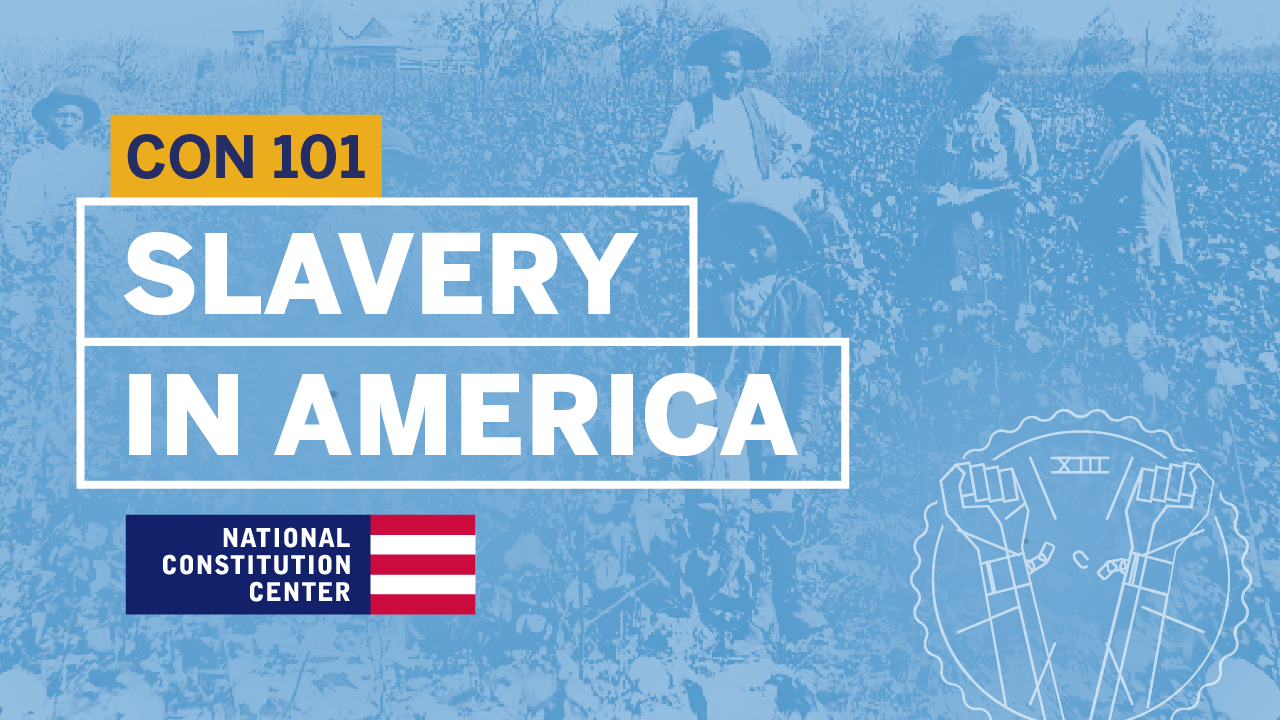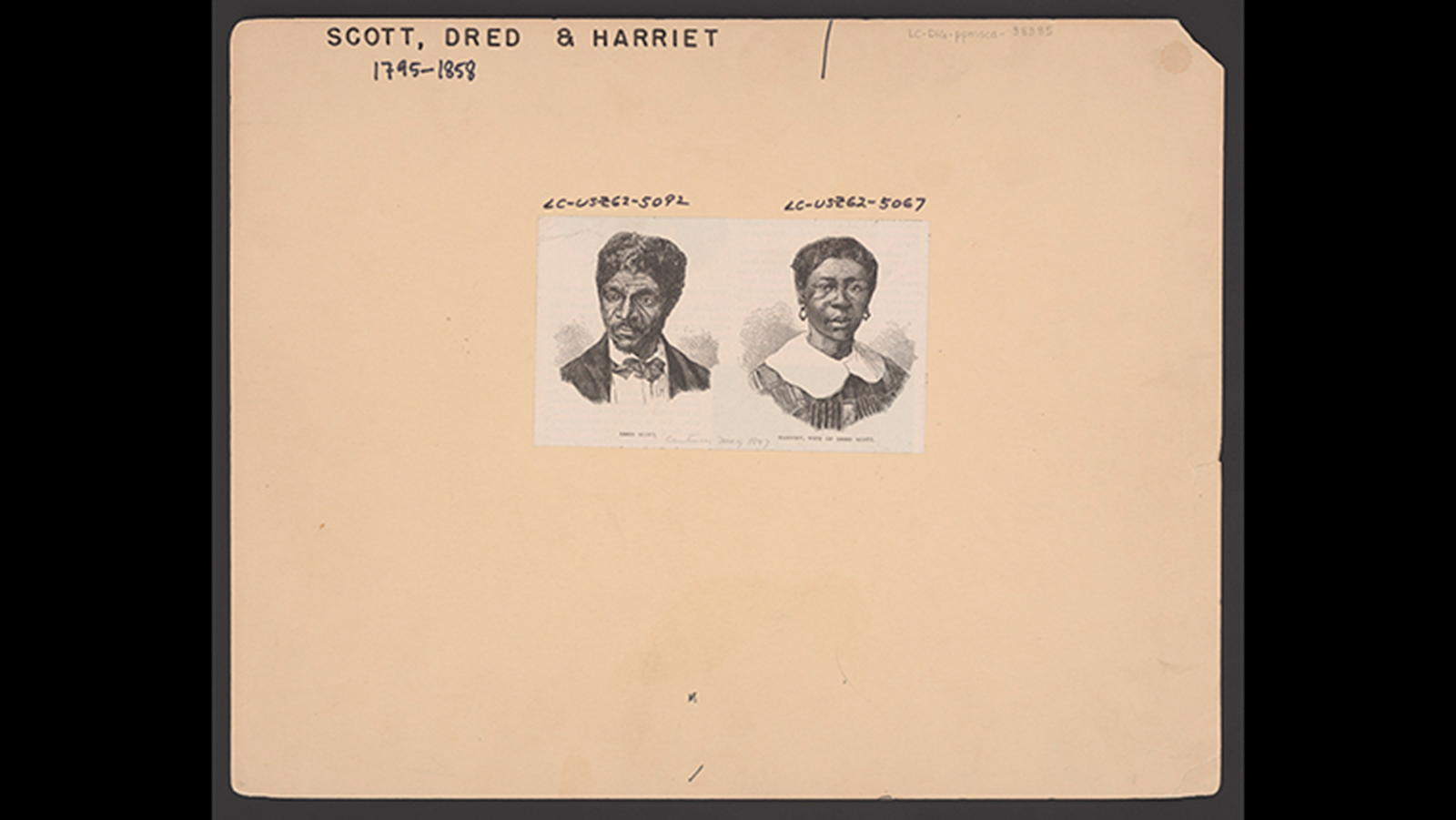Classroom Resources By Topic
Slavery, the Civil War, and Reconstruction

Introduction
Slavery was embedded into America’s fabric by the time of the ratification of the Constitution. How did this affect how long slavery lasted in America and how it ended? The 13th, 14th, and 15th Amendments ended slavery in America and tried to rebuild our nation on a stronger constitutional foundation. Do you think that these amendments changed the Constitution so much that it was like a re-birth—a “Second Founding”—of our nation?
The 13th, 14th, and 15th Amendments ended slavery in America and tried to rebuild our nation on a stronger constitutional foundation. Do you think that these Amendments changed the Constitution so much that it was like a re-birth—a “Second Founding”?
Slavery was embedded into America’s fabric by the time of the ratification of the Constitution. Do you think this affected how long slavery lasted in America and how it ended?
How did the 14 Amendment transform the Constitution? How does it promote equality and protect freedom?
Videos: Recorded Classes
| Slavery in America with Gloria J. Browne-Marshall Advanced Session |
Slavery in America Advanced Session |
Slavery in America |
Constitution 101
Module 12: Slavery in America: From the Founding to America’s Second Founding
Explore Slavery, the Civil War, and Reconstruction on the Interactive Constitution
The 14th Amendment
Citizenship, Freedom, Equality, and the Powers of Congress
The Drafting Table
Dig deeper into the amendments and related documents to see how the language changed over time.
Slavery in America: The Constitution to Reconstruction With Clint Smith
In this Friday session, author Clint Smith joins Center President and CEO Jeffrey Rosen for a discussion on slavery in America.
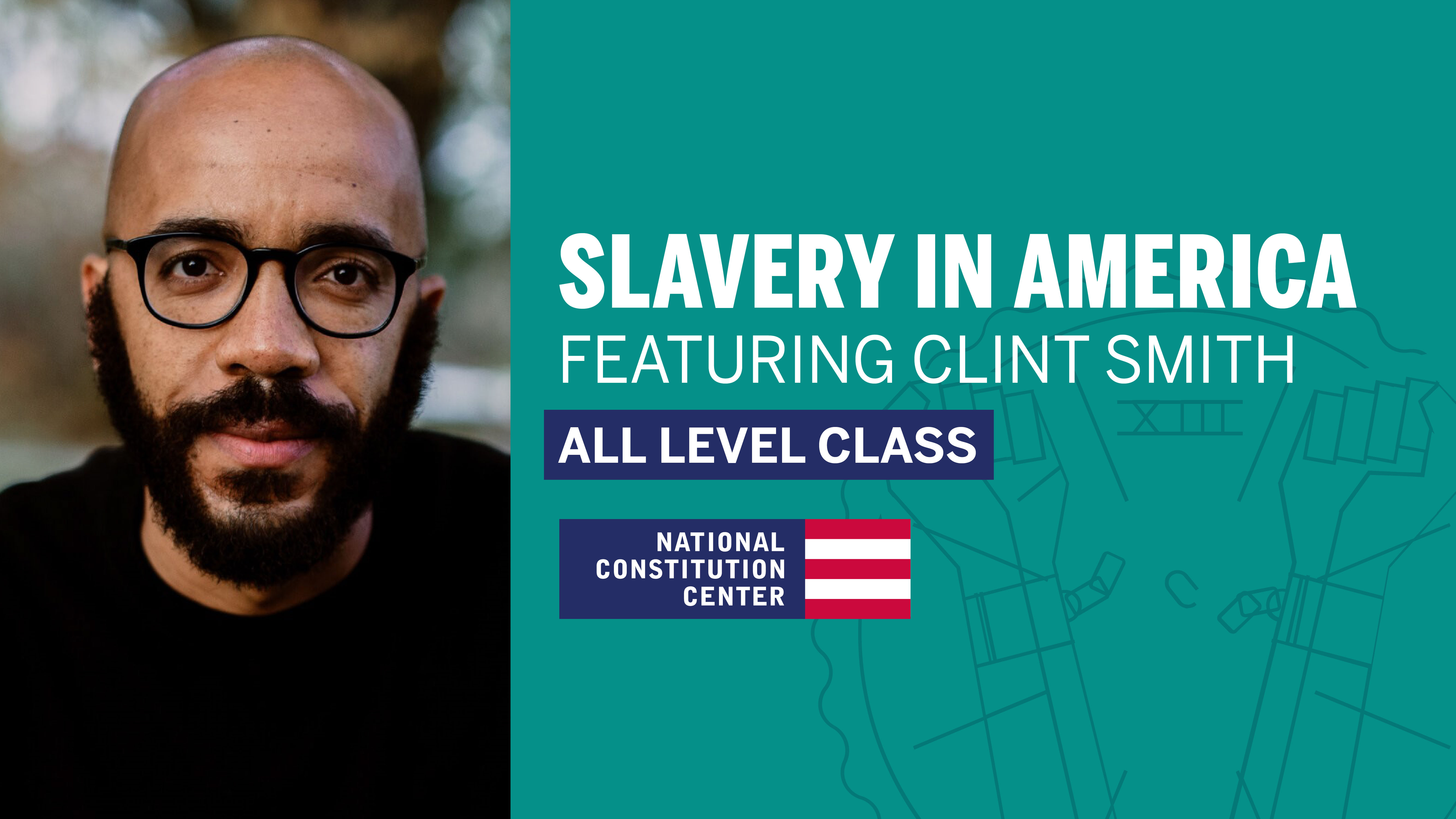
The Dred Scott Decision Featuring Justice Neil M. Gorsuch
U.S. Supreme Court Associate Justice Neil M. Gorsuch discusses how the Dred Scott decision was an example of judicial overreach.
The Declaration and Frederick Douglass: A Clip From FOURTEEN
In this clip from FOURTEEN, the performance opens with the words of the Declaration of Independence, after which a performer reads an open letter from Douglass to his former slaveholder.
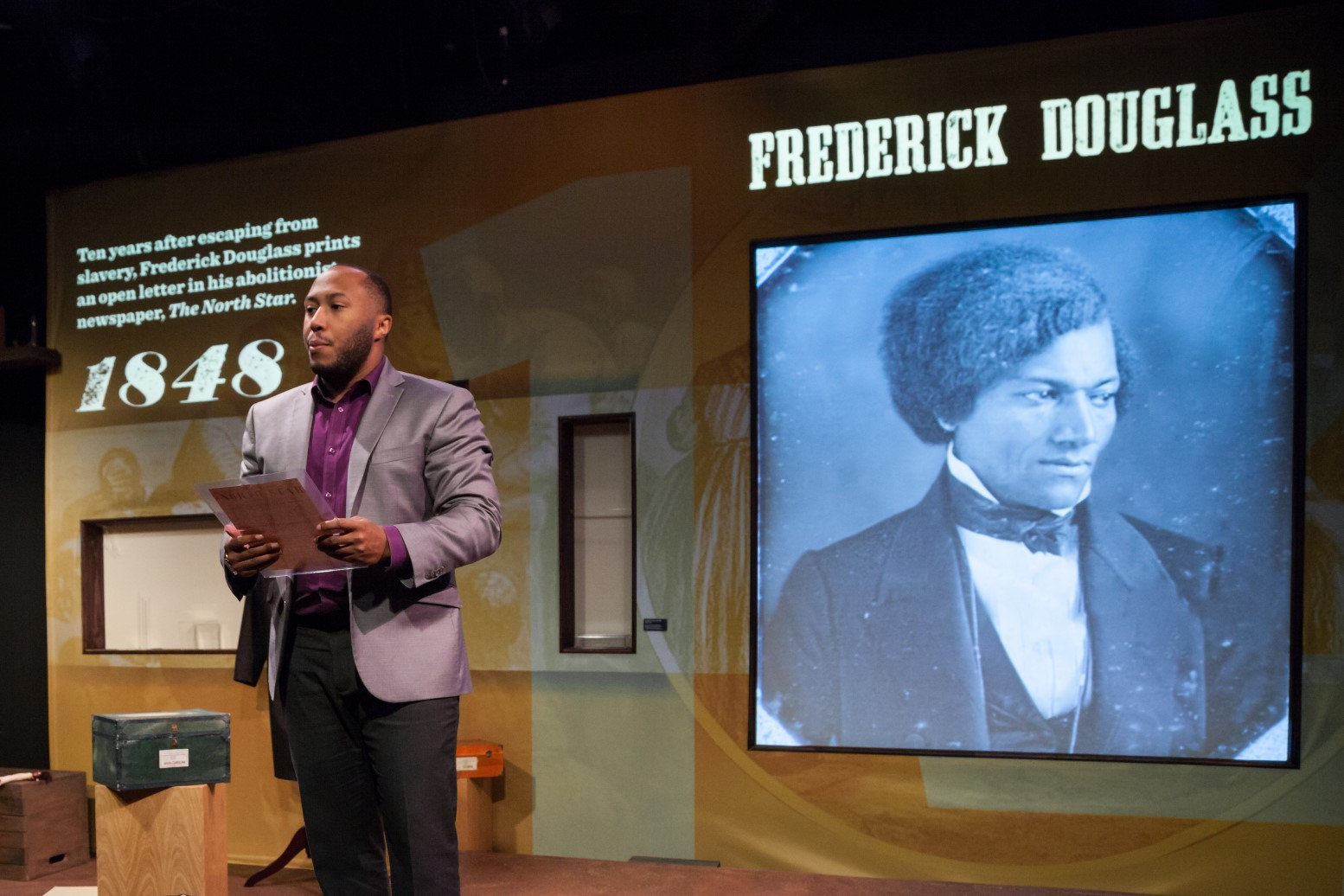
The Emancipation Proclamation: A Clip From FOURTEEN
In this clip from FOURTEEN, a performer embodying President Lincoln reads an excerpt of the Emancipation Proclamation. Another performer reads an 1864 letter written by Annie Davis, an enslaved woman who, upon hearing of the proclamation, seeks President Lincoln’s guidance on if she can freely travel to visit her family.
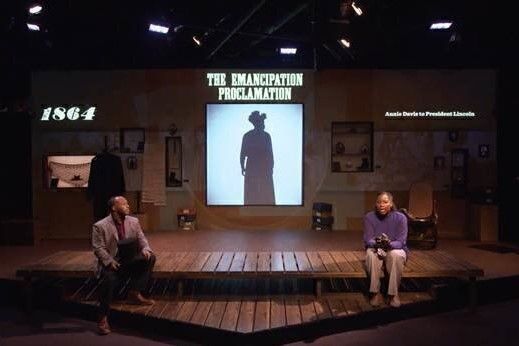
The Black Codes: A Clip From FOURTEEN
In this clip from FOURTEEN performers share sections of the Black Codes from the Reconstruction era and the response of African Americans to the rise of these laws.
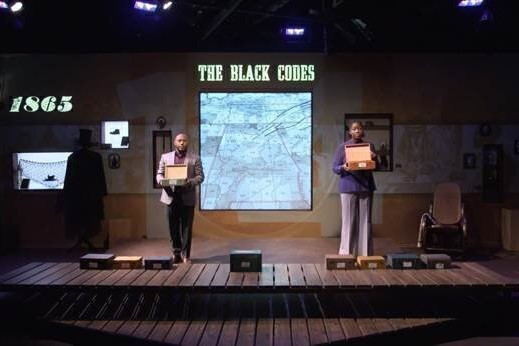
Slavery and Its Opponents at America’s Founding
Was the original Constitution pro-slavery? Historian Sean Wilentz rethinks this question in conversation with Jeffrey Rosen.
The life and legacy of Frederick Douglass
Jeffrey Rosen leads a discussion about the life and constitutional legacy of legendary abolitionist Frederick Douglass.
Juneteenth and the Constitution
Why do we celebrate Juneteenth? Martha Jones and Lucas Morel explain and shed light on the history of emancipation and equality in America.
The history and legacy of the 13th Amendment
The National Constitution Center’s Jeffrey Rosen is joined by “patriotic philanthropist” and Carlyle Group founder David Rubenstein to discuss the history and legacy of the 13th Amendment.
Remembering Frederick Douglass’ escape from slavery
Frederick Douglass escaped from slavery on September 3, 1838, aided by a disguise and job skills he had learned while forced to work in Baltimore's shipyards.
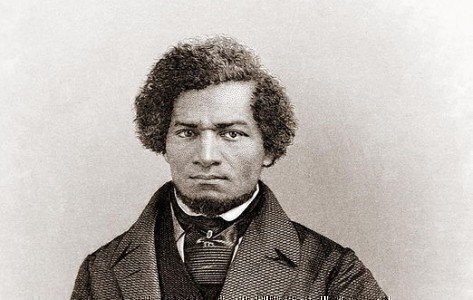
On this day: The United States formally outlaws slavery
On December 6, 1865, the 13th Amendment was ratified after the state of Georgia approved the amendment as it was proposed to the states by Congress. That act officially ended the practice of slavery in the United States.
